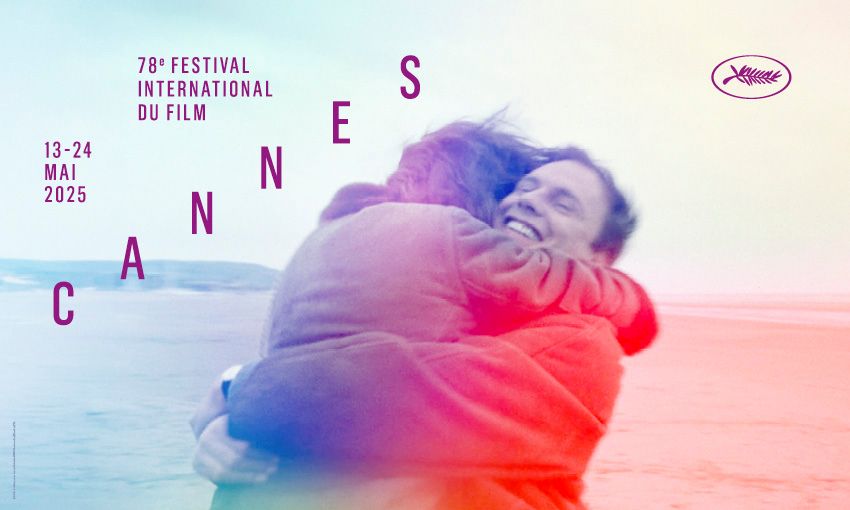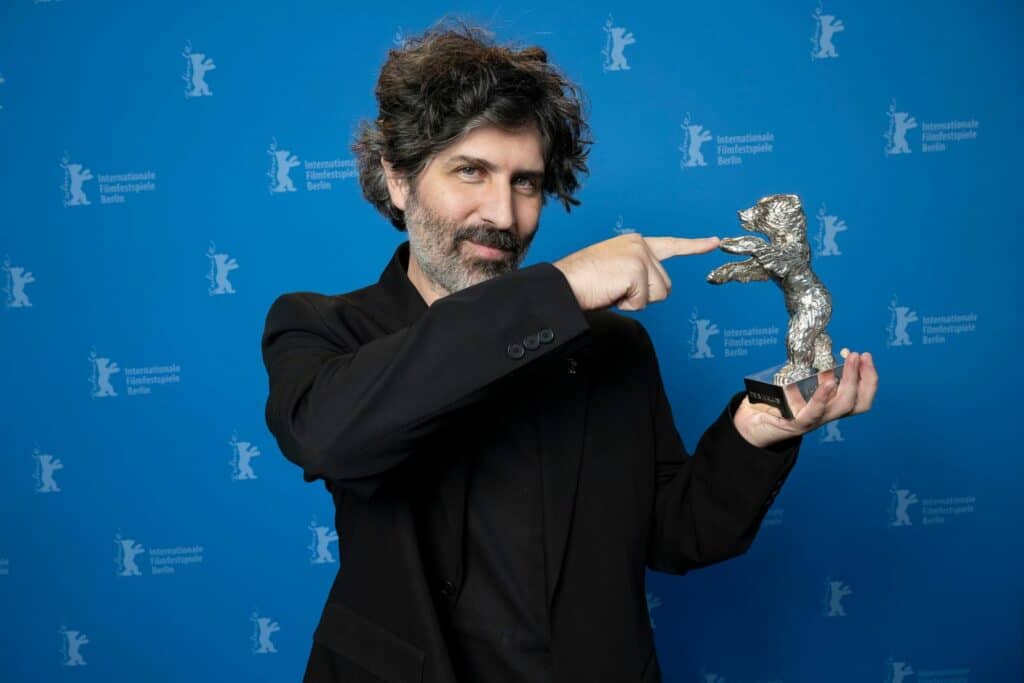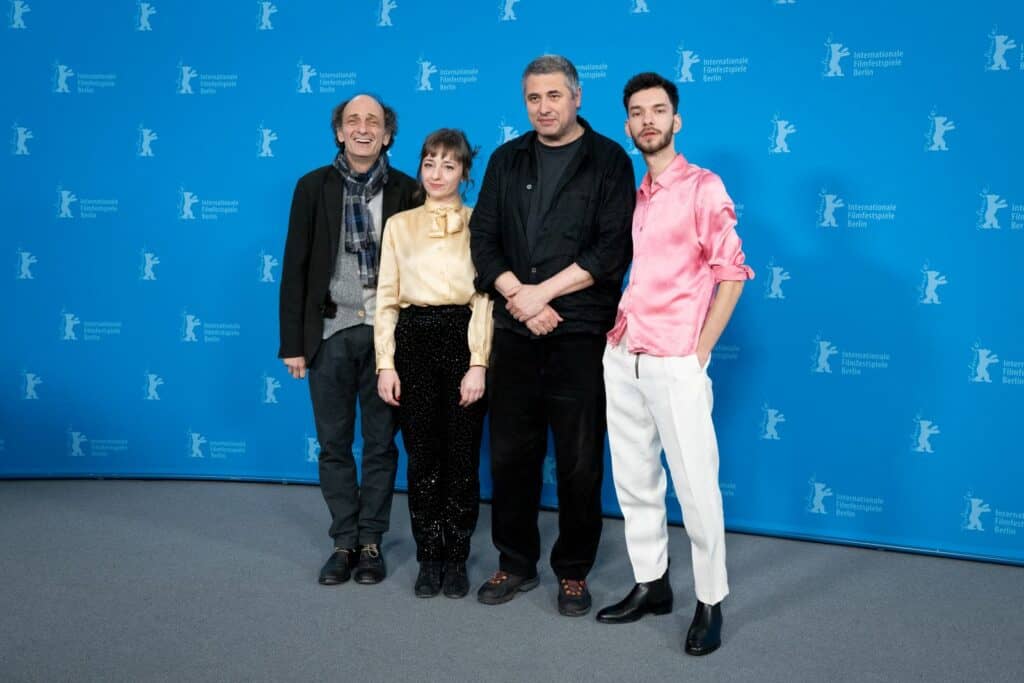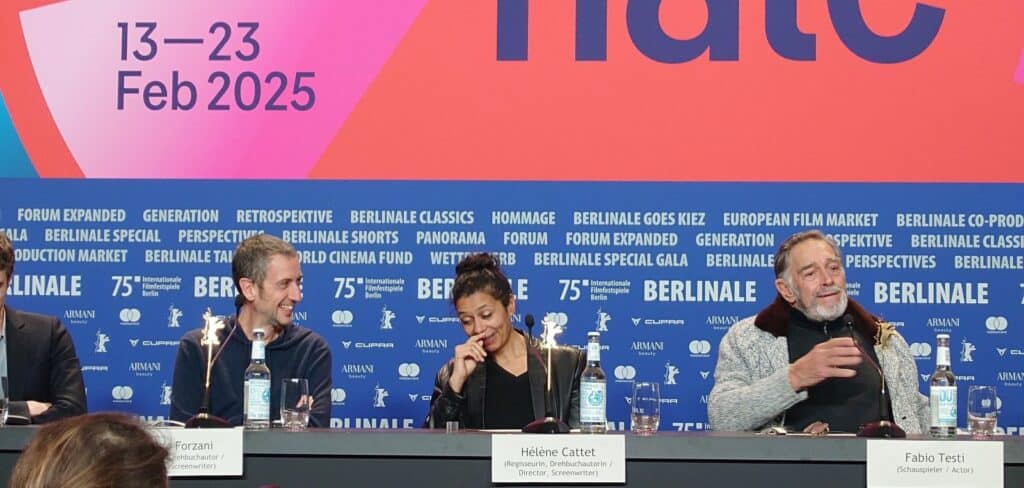Yesterday, this year’s Cannes Film Festival ended, and the jury, headed by Juliette Binoche, was ready to hand out the Cannes Awards 2025. The Palme d’Or was given to It Was Just an Accident by Jafar Panahi. It was an unexpected choice, and the title could refer to something that happened in the jury, causing it to win the Palme. I watched the film during the Awards ceremony yesterday, and when someone shouted, “Palme D’Or” after the screening, I thought he was referring to his emotions rather than the actual outcome. It is not a bad film, but a rather pedestrian one with a predictable ending. Panahi won the Citizenship Award earlier during the day, which made more sense.
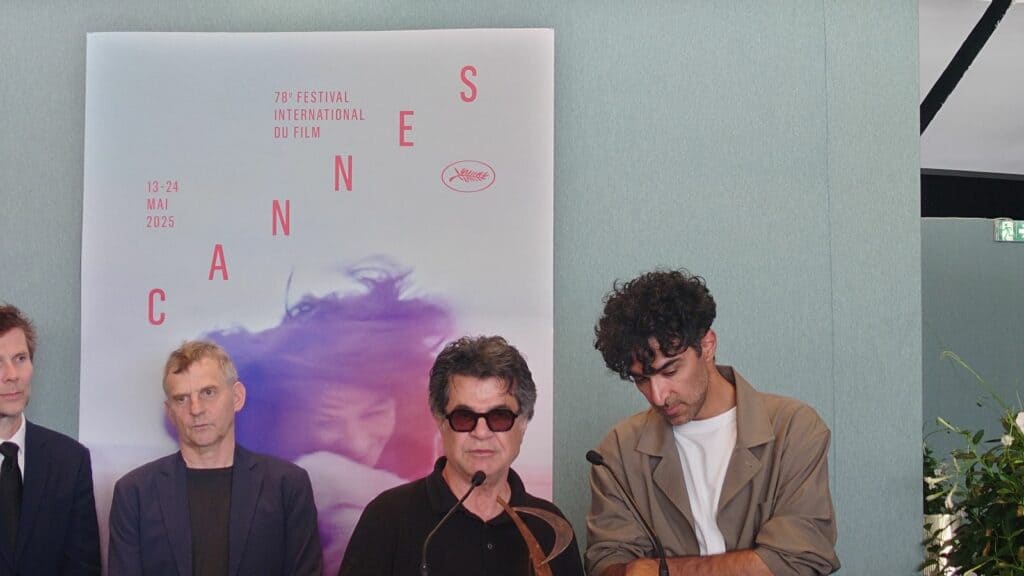
The Cannes Awards 2025 biggest mistake
If the Palme d’Or fell into the wrong hands, that was nothing compared to the mind-boggling decision to give Joachim Trier’s Sentimental Value the Grand Prix. I described why in my review of the film and will not repeat myself here. It is the weirdest decision this side of Anatomy of a Fall. The festival’s three best films were not forgotten but landed minor awards. Sirát by Oliver Laxe and Sound of Falling by Mascha Schilinski shared the Jury Prize or rather got one each. Both would have been more worthy winners of the two top awards.
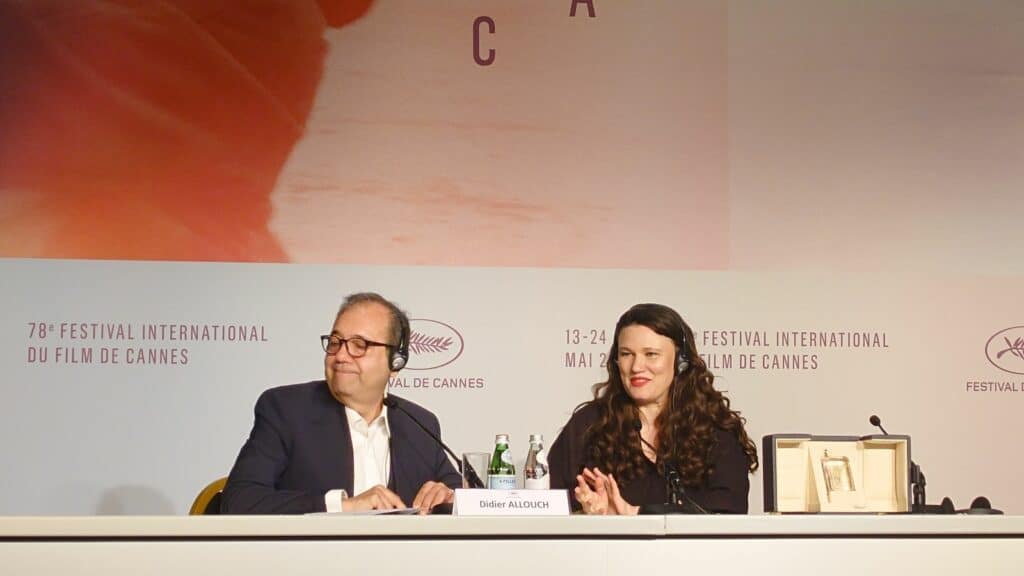
The same goes for The Secret Agent by Kleber Mendonça Filho. However, that it missed out on the two top awards is acceptable since it won both the Best Director award as well as Best Actor for Wagner Moura. If anything, that film is characterised by its superb direction and Moura’s performance. The latter was not present at the award ceremony since he was shooting a film in London. However, the director called him during the following press conference.
The Best actress award went to Nadia Melliti in La petite dernière by Hafsia Herzi. I chose not to watch it. The prize for Best Screenplay went to the Dardenne Brothers, and it was the ninth award for their films, including acting awards. They were part of the 1999 edition when they and Bruno Dumont won almost everything, prompting one of Cannes’ most significant rule changes ever. Finally, a Special Award was given to Bi Gan’s Resurrection—a film that sadly failed to live up to its promise or premise.
Un Certain Regard
The main prize in the Un Certain Regard section was given to The Mysterious Gaze of the Flamingo by Diego Céspedes. I didn’t manage to watch it. The unfounded rumours floating around on the Croisette that I avoided the film because the title sounded dangerously Angelopoulosian is utterly false. The Jury Prize went to Un Poeta by Simón Mesa Soto. Harry Lighton won the Best Screenplay for Pillion, while the Best Director award went to twin brothers Arab and Tarzan Nasser for Once Upon a Time in Gaza. A film that boasted foley work by Estonian foley artist Anna-Maria Jams (interviewed here).
The Camera d’or for Best First Feature went to Hassan Hadi for The President’s Cake, screened in the Quinzaine des Cinéastes section. A Special Mention was given to Akinola Davies Jr for My Father’s Shadow.
Regarding the competition, it was clearly more substantial than the last two years, with three really good films. On the other hand, there were many bad or mediocre films. The worst one I saw was, without a doubt, Eddington. The film was Ari Aster’s Cannes debut but was universally maligned. The biggest disappointment of the fest was Lynne Ramsay’s Die My Love. Jennifer Lawrence is a powerhouse, but apart from that, the film was weak and didn’t even look good. Being a major fan of the director, I hope the film was rushed to Cannes and is not entirely finished. Some reviews hinted at that.
Stay tuned for reviews of the winners and other films as well.
